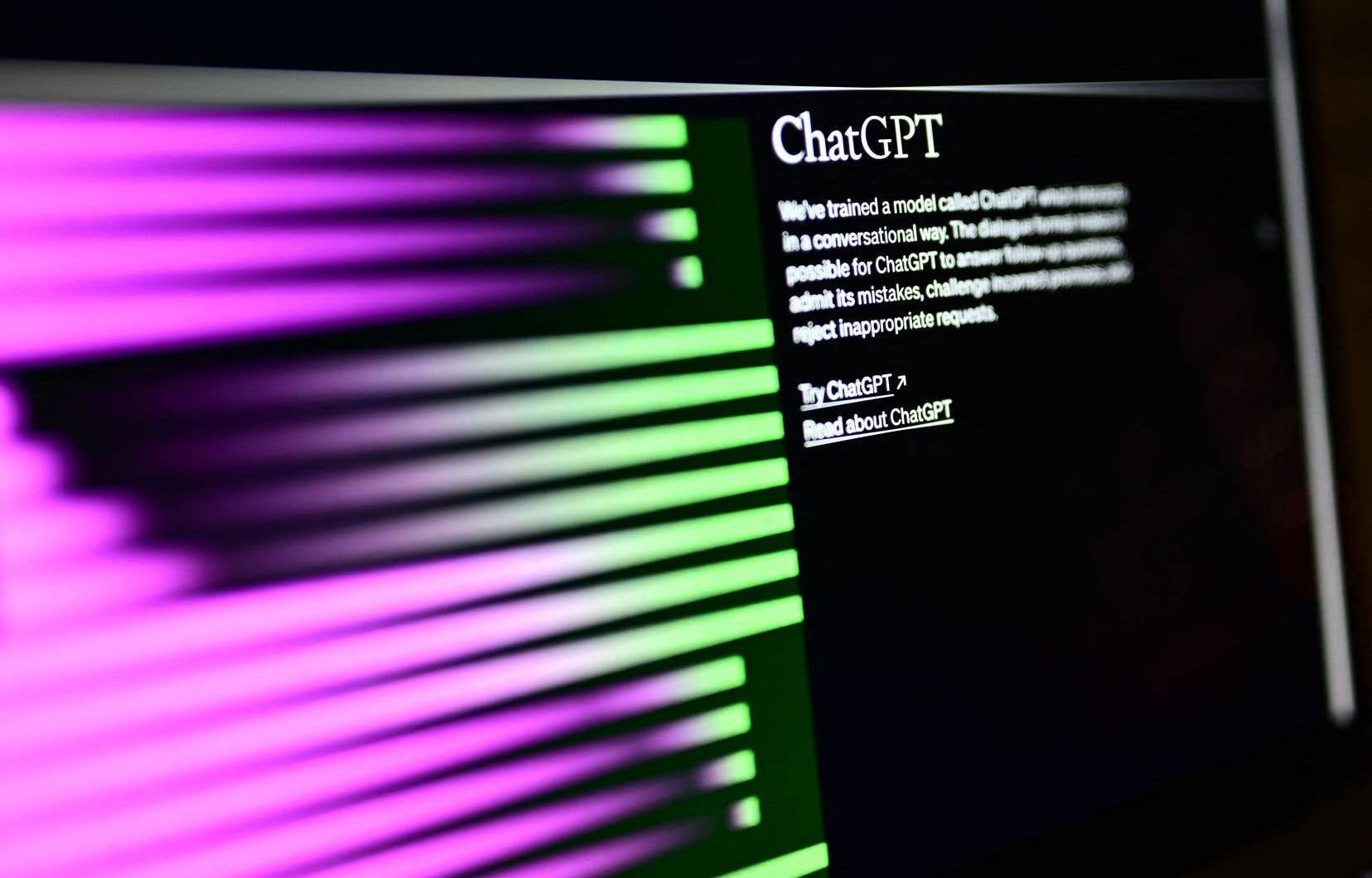The launch of ChatGPT in November 2022 transformed internet search, Google’s backyard for 15 years. The American group has had to speed up the integration of this tool, but wants to remain cautious, explains its head of public affairs Kent Walker to AFP.
ChatGPT was launched a year ago. What impact did this have on Google?
“Whether they have used Google’s search engine, Maps, Google Translate or Gmail, people have been using artificial intelligence (AI) for a dozen years. Over the past year, AI has become more visible. The rise of these chatbots has accelerated our work and increased the acceptance of AI among the population. But many of the new advances are based on articles we have published since 2012.”
However, Internet users now prefer to use ChatGPT rather than the Google search engine. Is it threatened?
“Some of these new AI tools are not always as accurate as traditional search. They have what we call hallucinations. We must therefore use our research experience to base the results on accurate information. That’s why we integrate AI into our search engine to achieve what we call a generative search experience, so we have the best of both worlds. »
Google is currently on trial in the US over the dominance of its search engine. The first phase is over. Would you say Google did well?
“The trial in the US focused on the question of why people use Google. We’re excited to prove that people choose Google because they want to, not because they have to. This means that we must set this as the default when working with other platforms that charge us to distribute our products. We hope the court agrees and we’ll probably find out next spring. »
What do you think of the future European AI law?
“We agree with the governments of France, Germany and Italy, which recently published a paper saying that the AI law should focus on a proportionate, risk-based response, taking into account its specific uses.” The challenges are very different in the banking, healthcare and transport sectors. We therefore refer to what we call a hub and spoke approach, where there is a center of excellence but each regulator needs to understand the potential and risks in their area.
We hope to work with governments to create a regulatory environment that encourages innovation and adoption by European companies. It was remarkable to see that 150 leading European companies wanted flexible regulation. »
We are observing the development of censorship attempts in a number of countries (China, Saudi Arabia, Russia, Iran, etc.). Do you think a global internet will survive?
“Google’s founding mission was to make the world’s information widely accessible. We always work responsibly towards this goal. »
But do you sometimes accept censorship?
“We are working hard to minimize the impact on our services. In 2010, we finally withdrew our services from China due to the censorship regime. Pressure from governments around the world is increasing and we are aware of the need to comply with the laws of the countries in which we operate. However, we advocate for improved access to information wherever possible. We hope that the vision of an open and free Internet will prevail. We can share ideas and discoveries in minutes that would have taken a generation months or years.”
What was your most difficult task as General Counsel of Google?
“Perhaps the basis for the regulation of AI, the most important technological development of our time. Getting this foundation right is crucial. But it’s complicated because there are many stakeholders.”

